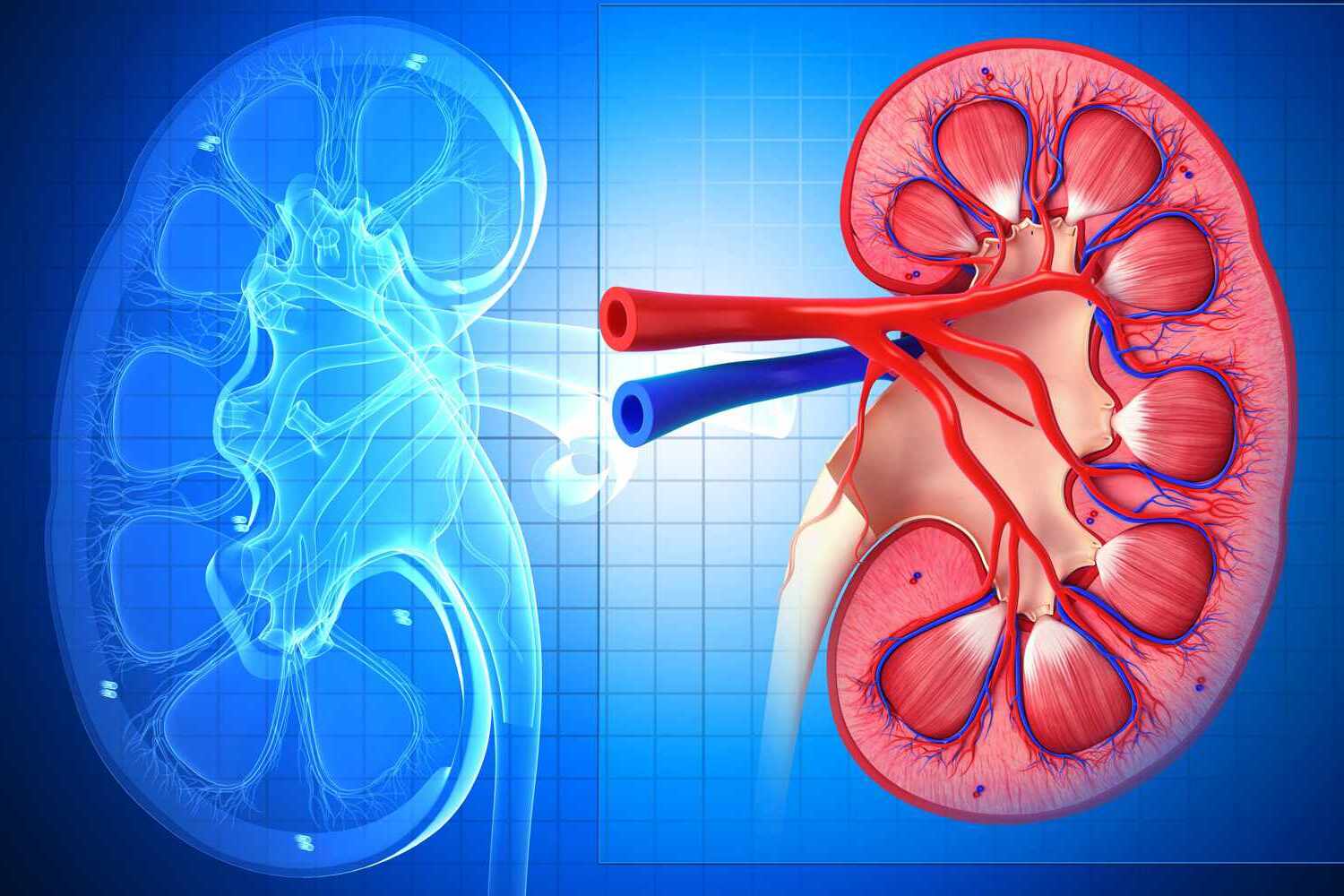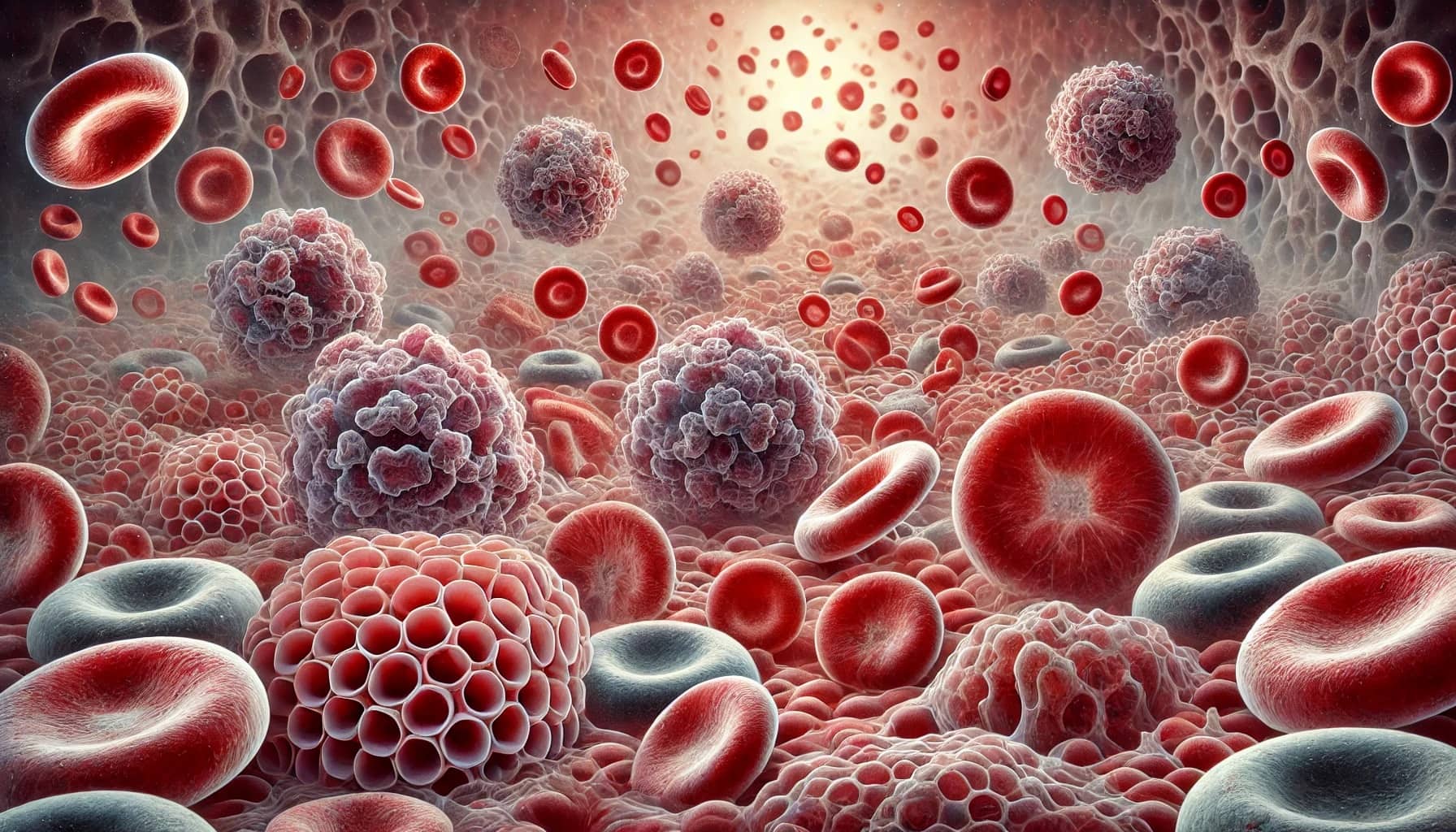
Bartter Syndrome is a rare genetic disorder that affects the kidneys' ability to reabsorb sodium. Named after Dr. Frederic Bartter, who first described it in the 1960s, this condition can lead to a variety of symptoms, including muscle weakness, growth delays, and dehydration. There are several types of Bartter Syndrome, each caused by different genetic mutations. Despite its rarity, understanding this syndrome is crucial for early diagnosis and management. Patients often require lifelong treatment to manage symptoms and maintain a good quality of life. This blog post will cover 25 essential facts about Bartter Syndrome, shedding light on its causes, symptoms, and treatment options.
What is Bartter Syndrome?
Bartter Syndrome is a rare genetic disorder affecting the kidneys. It disrupts the body's ability to reabsorb sodium, leading to various complications. Here are some intriguing facts about this condition.
-
Genetic Origin: Bartter Syndrome is inherited in an autosomal recessive manner, meaning both parents must carry the gene for a child to be affected.
-
Types: There are five recognized types of Bartter Syndrome, each caused by mutations in different genes.
-
Symptoms: Common symptoms include muscle weakness, cramping, fatigue, and growth delays.
-
Electrolyte Imbalance: The condition often leads to low levels of potassium, calcium, and magnesium in the blood.
-
Diagnosis: Diagnosis typically involves blood tests, urine tests, and genetic testing to identify specific mutations.
How Does Bartter Syndrome Affect the Body?
Bartter Syndrome impacts various bodily functions, primarily through its effect on kidney function and electrolyte balance.
-
Kidney Function: The kidneys fail to reabsorb sodium properly, leading to excessive loss of sodium in urine.
-
Dehydration: Due to the loss of sodium, individuals often experience chronic dehydration.
-
Blood Pressure: Despite the loss of sodium, blood pressure tends to be normal or low, which is unusual compared to other kidney disorders.
-
Growth: Children with Bartter Syndrome may experience stunted growth and developmental delays.
-
Bone Health: Chronic low levels of calcium can lead to weakened bones and increased risk of fractures.
Treatment Options for Bartter Syndrome
While there is no cure for Bartter Syndrome, various treatments can help manage symptoms and improve quality of life.
-
Medications: Potassium-sparing diuretics and nonsteroidal anti-inflammatory drugs (NSAIDs) are commonly prescribed.
-
Supplements: Patients often need supplements to maintain adequate levels of potassium, magnesium, and calcium.
-
Diet: A high-sodium diet can help counteract the excessive loss of sodium in urine.
-
Regular Monitoring: Frequent blood and urine tests are necessary to monitor electrolyte levels and kidney function.
-
Growth Hormones: In some cases, growth hormone therapy may be recommended to address growth delays.
Living with Bartter Syndrome
Managing Bartter Syndrome requires a comprehensive approach involving medical care, lifestyle adjustments, and support.
-
Hydration: Staying well-hydrated is crucial to manage dehydration and maintain electrolyte balance.
-
Exercise: Regular, moderate exercise can help improve muscle strength and overall health.
-
Education: Patients and their families should be educated about the condition to better manage symptoms and treatment.
-
Support Groups: Joining support groups can provide emotional support and practical advice from others facing similar challenges.
-
Regular Check-ups: Consistent medical follow-ups are essential to monitor the condition and adjust treatments as needed.
Research and Future Directions
Ongoing research aims to better understand Bartter Syndrome and develop more effective treatments.
-
Genetic Research: Scientists are exploring the specific genetic mutations involved to develop targeted therapies.
-
New Medications: Research is underway to find new drugs that can more effectively manage symptoms and improve quality of life.
-
Clinical Trials: Patients may have the opportunity to participate in clinical trials for new treatments.
-
Gene Therapy: Future possibilities include gene therapy to correct the underlying genetic defects causing Bartter Syndrome.
-
Awareness: Increasing awareness about Bartter Syndrome can lead to earlier diagnosis and better management of the condition.
Key Points to Remember
Bartter Syndrome, a rare inherited disorder, affects the kidneys' ability to reabsorb sodium. This leads to imbalances in electrolytes, causing symptoms like muscle weakness, fatigue, and growth delays. Early diagnosis and treatment are crucial for managing the condition. Medications, dietary changes, and regular monitoring can help control symptoms and improve quality of life. Genetic counseling is recommended for families with a history of Bartter Syndrome to understand the risks and options. Awareness and education about this condition can lead to better support and resources for those affected. Remember, while Bartter Syndrome presents challenges, with proper care and management, individuals can lead fulfilling lives. Stay informed, seek medical advice, and support those living with this condition.
Was this page helpful?
Our commitment to delivering trustworthy and engaging content is at the heart of what we do. Each fact on our site is contributed by real users like you, bringing a wealth of diverse insights and information. To ensure the highest standards of accuracy and reliability, our dedicated editors meticulously review each submission. This process guarantees that the facts we share are not only fascinating but also credible. Trust in our commitment to quality and authenticity as you explore and learn with us.


